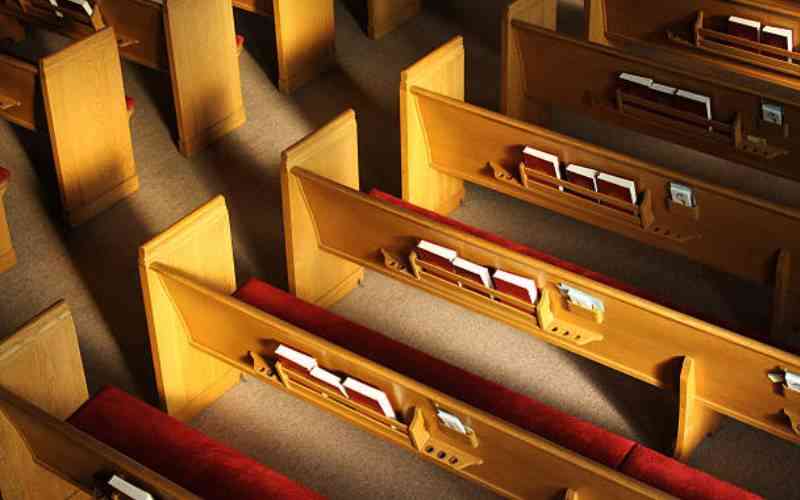
The clergy came out recently to lambast, condemn and curse presidential aspirant George Wajackoyah for his advocacy for the legalisation of marijuana. But as it were, the church would do well to keep its peace on matters of morality.
By morality, I mean the principles that determine what is right or wrong, good or bad in the eyes of the people. We consider ourselves civilised because we operate within an acceptable set of rules that are fair to everyone irrespective of the station in life. Today, society is grappling with behavioural problems that emanate from the church, but which the clergy have conveniently ignored.